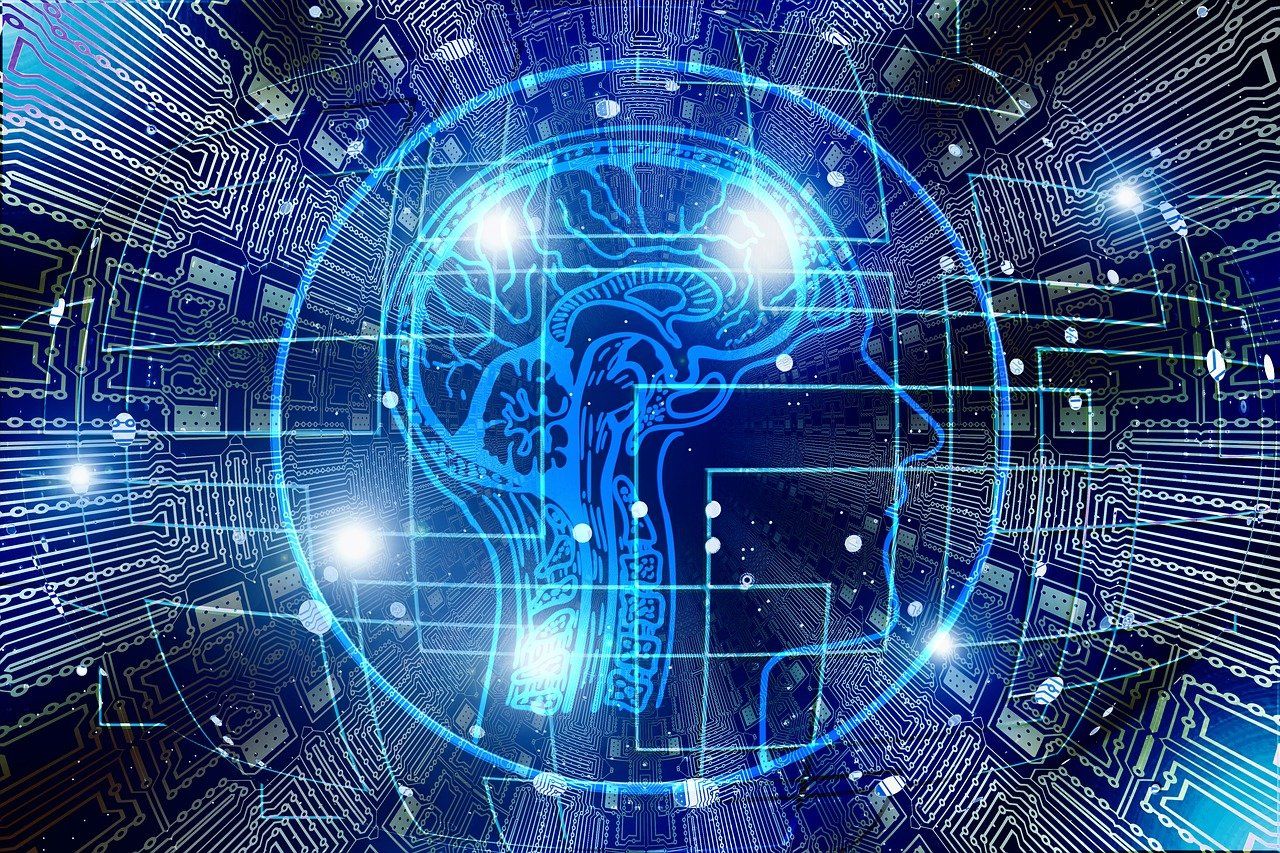technology
The Transformative Role Of AI in Fortifying SAP Security
24 Jan 2024, 5:44 pm GMT
Artificial intelligence has become a hot topic recently, with much speculation around its use across many industries. Although the use and power of AI have yet to be fully realized, it has already begun to be implemented in businesses and industries for multiple uses. The role that artificial intelligence may play in SAP security is something that many people are discussing with its application for things like threat detection, risk assessment, and automation already being tested. Below, we will go through how artificial intelligence may add to the defense mechanisms of SAP security and how it may impact the industry.
Artificial Intelligence’s Impact on Cybersecurity

There is a lot of speculation about the application of AI in cybersecurity for defenders and attackers. On the defense side, artificial intelligence may help organizations detect and respond to threats with increased efficiency and accuracy.
The machine learning mechanisms in artificial intelligence enable the systems to analyze a massive amount of data and detect anomalies extremely quickly, flagging up any potential threats that could reduce the system's overall security. This is a significant reason artificial intelligence will be essential in strengthening SAP security and increasing defenses against cyber attacks.
On the other side of the discussion, people are talking about using artificial intelligence for those with malicious intent. It presents a new challenge for SAP security as AI technology advances and new innovative techniques for cyber attacks are created using AI.
An example of this would be automated phishing attacks, which are more challenging to detect, meaning they have a greater risk of slipping through the steps of SAP's security measures. In addition, artificial intelligence may create new malware capable of evading SAP's traditional security defenses.
Trust Between AI and Cybersecurity
One of the main issues with implementing AI into cybersecurity is the uncertainty of outcomes that will inevitably occur. This is because AI relies on algorithms and data it has analyzed to make decisions that may need clarification from humans overseeing the SAP system. This may lead to a situation where a human needs to unquestioningly trust the decision made by artificial intelligence without actually understanding how or why it came to that conclusion.
The Role AI May Play in SAP Security
Traditionally, SAP security relied on conventional methods to optimize the security and defenses of its system. However, nowadays, artificial intelligence is being implemented more often to improve the system's overall security and reduce the potential for a successful cyber attack to be mounted. This has dramatically increased the complexity of the SAP system and has led to the requirement of professionals with a deep understanding of the technology to control and oversee the SAP security system. Here are some of the leading roles that artificial intelligence may play in SAP security.
Threat Detection
First up is threat detection, where artificial intelligence increases the ability of the SAP system to identify potential threats by recognizing unusual behavior and patterns. It can utilize machine learning to become more effective at this over time and create alerts to make whoever is in control of managing SAP security to potential breaches or attacks.
In addition, it can also analyze any vulnerabilities that exist in the system and make any potential for exploitation known. It can then provide solutions to fix these vulnerabilities and strengthen the system.
Incident Response
Responses to security breaches form a vital part of the system in the SAP landscape. Artificial intelligence can play an essential role in responding to incidents. This comes in creating defenses to prevent lateral movements, isolating SAP systems that an incident has impacted, and mounting a counter-attack against intruders.
In addition to this, AI may play a role in finding the root cause of a cyber incident that may otherwise be very difficult for a human. Artificial intelligence may also be able to fortify the defense of SAP security by running simulated attacks to detect and isolate potentially vulnerable components of the system and use its machine learning ability to provide solutions to eliminate them.
Phishing Detection and Response
Humans are the most common reason for a successful cyber attack on an SAP system through phishing scams. Artificial intelligence can play a role in identifying these phishing scams, preventing them from reaching humans. Additionally, it can make users in the SAP system aware of what to look out for, reducing the chance of a successful cyber attack occurring.
The Future of AI in SAP Security

The power and role of artificial intelligence across different industries have yet to be realized. However, as the technology is implemented more, it is clear that it will be advantageous in several applications. In the security industry, it has already begun to be used to strengthen SAP security systems, and it will likely continue to play an essential role in protecting against cyber attacks.
Share this
previous
Harnessing the Power of Press Brakes: A Comprehensive Guide to Optimizing Manufacturing Costs
next
The Fundamentals Of Business: Navigating The Evolving Landscape With Sharon Constançon